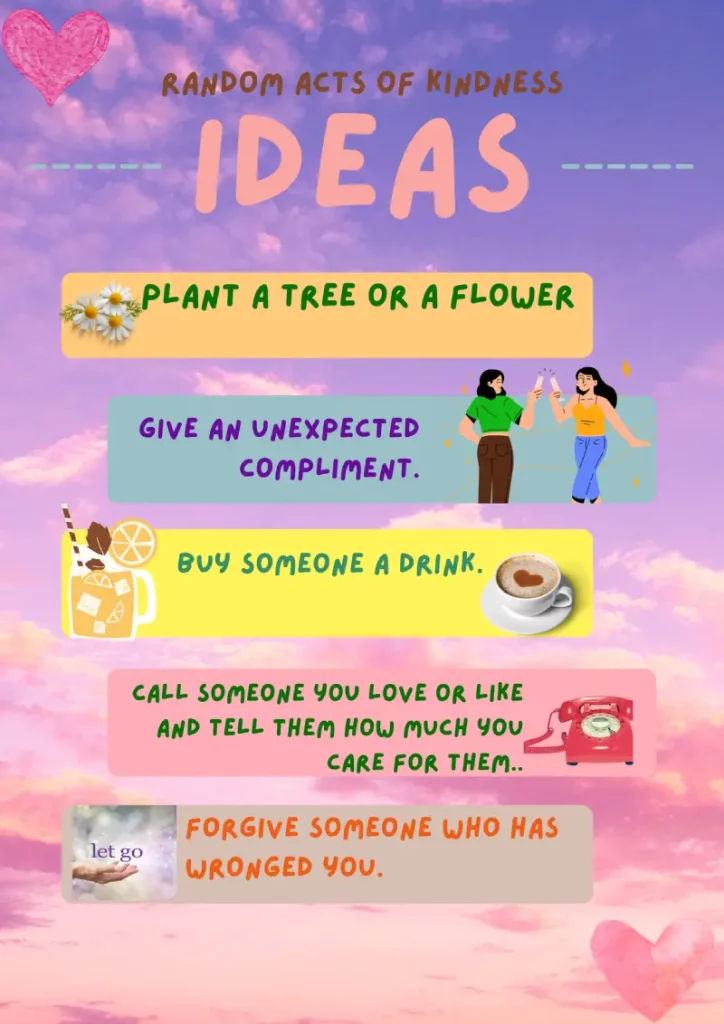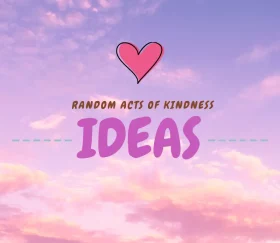Where to start with this question? Let’s look at what is thought to be the origins of altruism. Research suggests that altruism is aligned with cooperation within animal species and has served in evolution as a means to build empathy and allow animals (including humans) to live in groups (Sussman and Cloninger, 2011). The opposite of altruism is selfishness and to live a selfish life could leave an animal alone and vulnerable, therefore some cooperation is needed. So, with cooperation leading to communities working together and helping each other, where does the word altruism come from? and where is its place in today’s world?
The Merriam-Webster dictionary (2024) describes altruism as:
Altruism refers to a quality possessed by people whose focus is on something other than themselves, and its root reveals the object of those generous tendencies. Altruism derives from the French word autrui, meaning "other people." Autrui, in turn, developed from the Old French term autre, which means "other" and which itself comes from Latin alter, also meaning "other." That Latin source eventually caused a curious thing to happen. Under the influence of alter, the French autrui gave rise to the altrui- of both the French altruisme and the English altruism. The English term has been in service since at least the mid-1800s.
This explains that the word altruism means to do something for someone else. Which is a lovely idea. But it doesn’t mean there is not a benefit to the person being altruistic. If you think of a time when you did something for someone else with no obvious advantage for yourself, maybe giving someone a lift, helping out with childcare, donating to charity and so on. Yes, it’s a selfless act on the surface but think deeper. What do we gain from it. Maybe a sense of pride, or generosity, certainly a feel-good factor. I think of it as an inward smile, or a pat on the back, thinking “well done, to yourself”. It feels good. It may not be the reason that you did something, but it sure can be the reward. We may shrug it off if someone thanks us for the act, but we feel chuffed for doing it. It feels good to do something for someone else. When people are not feeling so good about their life in general, maybe getting depressed, an act of kindness without reward can life their mood and allow them to feel connected to the world and people around them. What a huge benefit.
It reminds me of other types of altruism (same but different) such as ‘pay it forward’ and ‘random acts of kindness. A google search bring up an organisation called Random Acts of Kindness Organisation which gives all sorts of examples where people can show kindness. That’s a lovely idea. And for anyone struggling for ideas or where to start, they have a calendar with daily ideas:
Here a sample of the calendar, but please take a look and see what inspires you to carry out a Randon Act of Kindness, you may be surprised.
And what about ‘Pay it Forward’: does this always have to mean money? No, it doesn’t. The idea is that when someone does you a good deed, maybe gives you something (could be time- doesn’t always mean money!), rather than give it back to them, you do something for someone else without charging them, hence ‘pay it forward’. A popular way to do this is that some cafes/ coffee shops have a ‘pay it forward’ scheme whereby you can buy a meal or a coffee for a less fortunate person who may need it, the café then somehow marks this up and a person in need can request the coffee/mean and not have to pay. This is just one way of this idea working, but another way is that the person receiving the deed/gift or whatever it is then does something to help someone else. In some places, it is suggested that the ‘pay it forward’ is even multiplied, helping the good deeds spread even further for instance, who ever receives it, does 2 or 3 things as ‘pay it forwards’ so that the ripple effect spreads good deeds further. Sounds amazing. Also in some coffee shops, I’ve seen that the person donating can specify what they are donating so instead of just paying x-amount for a PIF coffee, they can choose for example, a soya latte and a receipt for a-that would be pinned to a notice board for someone else to have, I like this idea as it doesn’t compromise the beliefs/values of the person giving. At one time, I used to make items for charities, and would occasionally add a ‘pay it forward’ item, to spread the love. It felt good to do this, which was my payback.
I would encourage anyone and everyone to try in a small way, to pay-it-forward, do a random act of kindness of do something altruistic, and enjoy the feel-good factor of charity giving.



